It might not seem like it when they’re being noisy and making a mess, but playing is a really important thing for your child’s mental wellbeing. Playing is a crucial part of how children’s minds develop and how they make sense of the confusing world around them.
Why is play so important?
Playing is one way children deal with stress and cope with events in their lives. When children play, they are working out what they think about different situations and how to respond to them. Giving them the space to play and to let their imaginations run wild will help them cope with challenges and keep them emotionally and physically healthy.
If your child’s feeling anxious and worried, play can help them process their emotions. In this short film, Theresa Casey from the International Play Association has some tips on how you can support them.
Encouraging play
Playing isn’t just mucking around. Fun family activities or playing games and sports with their friends is a vital part of any child’s development. It helps keep them fit and healthy and can also improve their mood, concentration, and sleep quality.
What if the way my child plays has changed?
If your child is feeling insecure, confused, upset or anxious, they might start playing in a different way. They may return to games they enjoyed when they were younger, like playing with dolls or building a den. If they or someone in the family has been ill, or if there has been a bereavement in the family, they may play games that are linked to illness, loss or even death. Or you might see them expressing negative feelings through their play, like boredom, loneliness, frustration or confusion. This is perfectly natural, it’s just their way of processing what’s going on at the moment. So unless they seem upset or stuck, just let them get on with it!
Noisy and destructive play
Let’s face it, on the whole, kids love making noise! And they’re pretty good at breaking things too. But playing in a noisy or even destructive way may also be their way of adapting to change or working through their emotions. So if your children seem to be making even more noise or mess than usual, this could well be their way of expressing feelings of frustration or confusion. It’s not easy, but try to be understanding rather than getting cross with them.
Here are some tips for noisy or destructive play so the kids can get these feelings out of their systems without destroying the house.
Tips for dealing with noisy and destructive play
Tip #1: Rip and tear
If your child starts hitting or breaking things, this could be a sign that they are feeling frustrated. Rather than telling them off, how about giving them some objects they can destroy safely? Give them some cardboard from your recycling, or some old towels or sheets to rip up. You could keep these objects in a special ‘rip and tear’ box so they know it’s okay to destroy things that are kept there.
Tip #2: Built to destroy
Build a tower from cardboard boxes, cans, cushions and anything else to hand, then let them knock it down. Just make sure you build it in a safe space where nothing else will get knocked over! If you have outdoor space, this is ideal – you can make your tower really tall!
Tip #3: Squeeze and press
Play dough is great for squishing and squeezing out all those messy emotions. If you don’t have any, you can make some – there’s an easy recipe here. Bubble wrap and squeezy toys are also good for this.
Tip #4: Jump and crush
Line up some items from your recycling such as cardboard boxes and milk cartons (nothing sharp!) and let your kids jump along them, crushing them like a giant. With everything flattened, there’ll be much more room in your recycling box – win win!
Tip #5: Make some noise
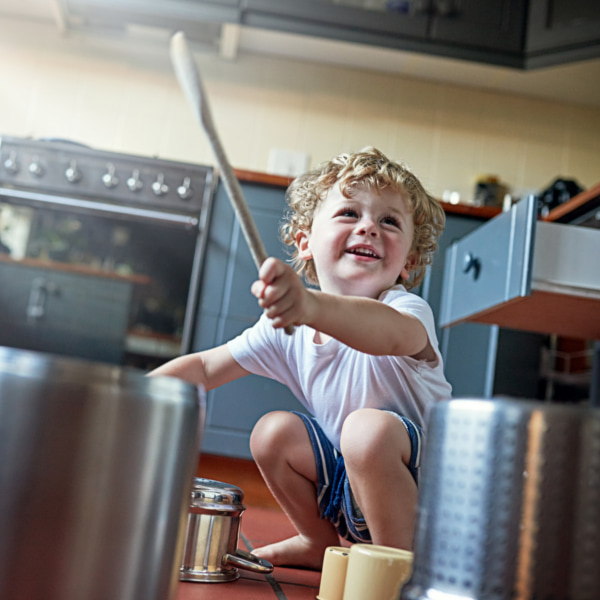
Let your child make as much noise as they like – at a set time. Talk to your neighbours to find out when they’re least likely to be disturbed (see Tip #10) and then let your child crash pans, yell, shout or sing at the top of their voice – but only for a short time. Chances are they’ll soon be exhausted! You could also encourage them to let off some steam when they’re out for their exercise.
Tip #6: Balloon burst bonanza
Blow up some bio-degradable balloons and then get them to burst them by stomping, squeezing, sitting or even body slamming them – no pins allowed! This is great fun – and will really tire them out.
Tip #7: Wet sponge throw
Soak some sponges in a bucket then throw them at a target – or even a willing family member, if you can find one! Throwing heavy, soggy sponges can be more satisfying than throwing a ball, and won’t hurt anyone. This is best played outside, but is possible at bath time if you don’t mind the splashes…
Tip #8: Make a mess
Messy play might not be your favourite activity – but it’s a natural part of play for kids. Make sure they know where it’s okay to make a mess and where it’s not (like your bedroom!). Set aside old clothes and table or floor coverings so the kids can make a mess with paint and glue without causing any damage. If you have outdoor space, take it outside. Make sure they help you clean up as well!
In this video, Alison from PlayTalkRead explains why messy play is so good for your children. You can find more ideas for messy play from PlayTalkRead here.
Tip #9: Tire them out
Any activity that wears them out will help their mental and physical wellbeing. Our pages on keeping active have lots of ideas. If you have several kids, our page on activities for multiple children has suggestions for games you can play as a family.
Tip #10: Talk to the neighbours
If you’re worried about disturbing the people around you, it’s best to tackle it head on and talk to them. They can’t expect your children to be silent all the time, so try and reach a compromise so that you don’t disturb them at certain times of day, for example, when they’re trying to sleep or have important calls.
How else can I support my child to play?
The best thing you can do is give your child enough time and space to play, and to be understanding if they are noisy or make a mess. If your child knows that you’re happy for them to play, they’ll enjoy it more.
Sometimes they may want you to play with them, at other times they may prefer some privacy. Try to play it by ear – if they seem happy, it’s fine to leave them alone. On the other hand, if they ask you to join in or are demanding attention in other ways, try to set aside some time to do this.
If you’re working from home, it might help if you make it clear to your kids about when you’re able to play, and when you need to concentrate. A visual timetable or sign on the door could help them to know and to look forward to playtime. We have more tips to help balance working from home and looking after your children here.
In this short film, Dr Matluba Khan from A Place in Childhood explains how playing helps children work through difficult emotions, and how you can support them do this
Dealing with bereavement
Play is particularly important for helping children come to terms with loss. It can help children to make sense of their thoughts and work through their emotions. Our page on coping with bereavement has more information on how to help children through this difficult time.
More play ideas
When it comes to playing the possibilities are endless. All you need is an imagination. But that’s sometimes easier for your kids than for you. To help you come up with fun playtime suggestions, take a look at Play Scotland's Play Pack for families. It’s full of games and resources to help you take their playtime to another level. There are suggestions for outdoor play, digital play, and even messy play if you’re brave enough.
 Activities & Play
Activities & Play Behaviour
Behaviour Childcare
Childcare Development & Growing Up
Development & Growing Up Family, Friends & Relationships
Family, Friends & Relationships Feeding Your Baby
Feeding Your Baby Food & Eating
Food & Eating Health & Safety
Health & Safety Mental Health & Wellbeing
Mental Health & Wellbeing Money & Work
Money & Work Online Behaviour & Safety
Online Behaviour & Safety Pregnancy & First Days
Pregnancy & First Days School & Education
School & Education Sleep
Sleep

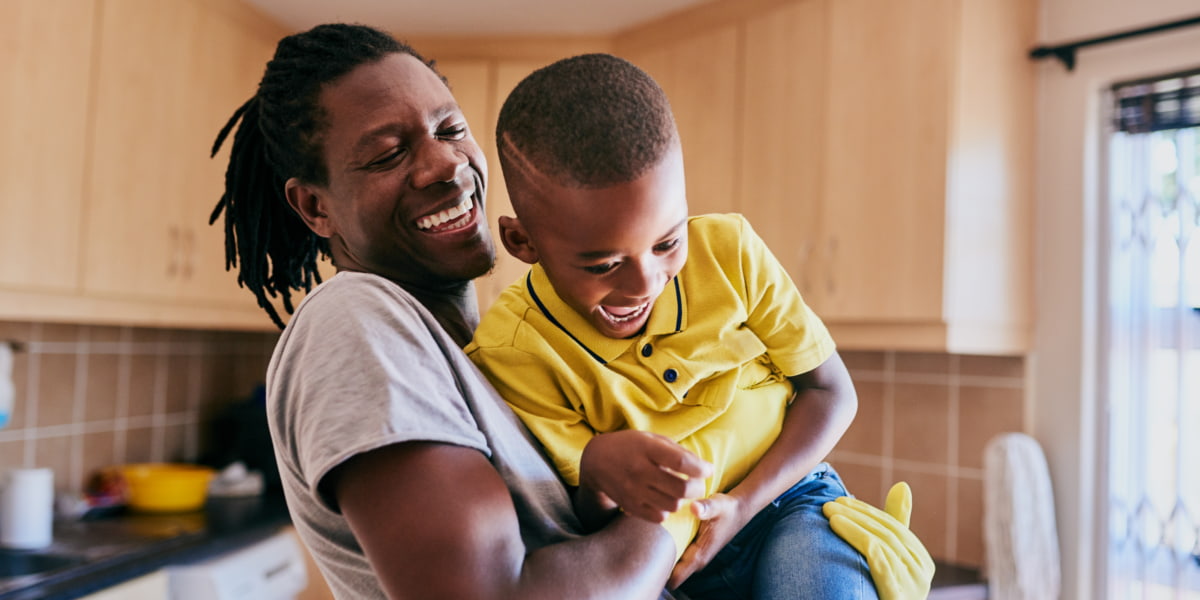
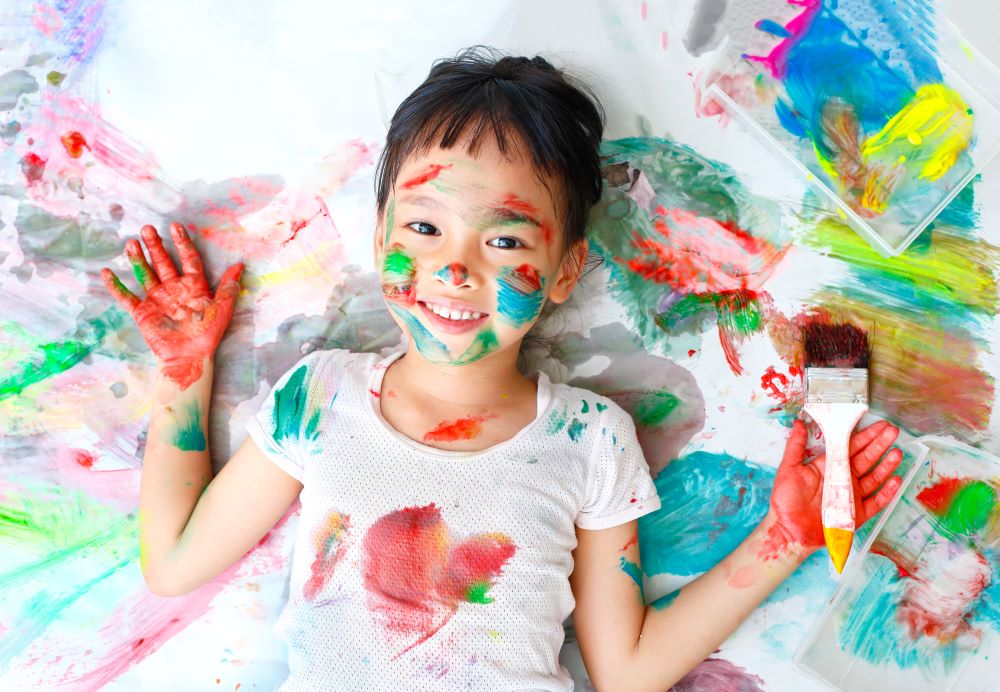
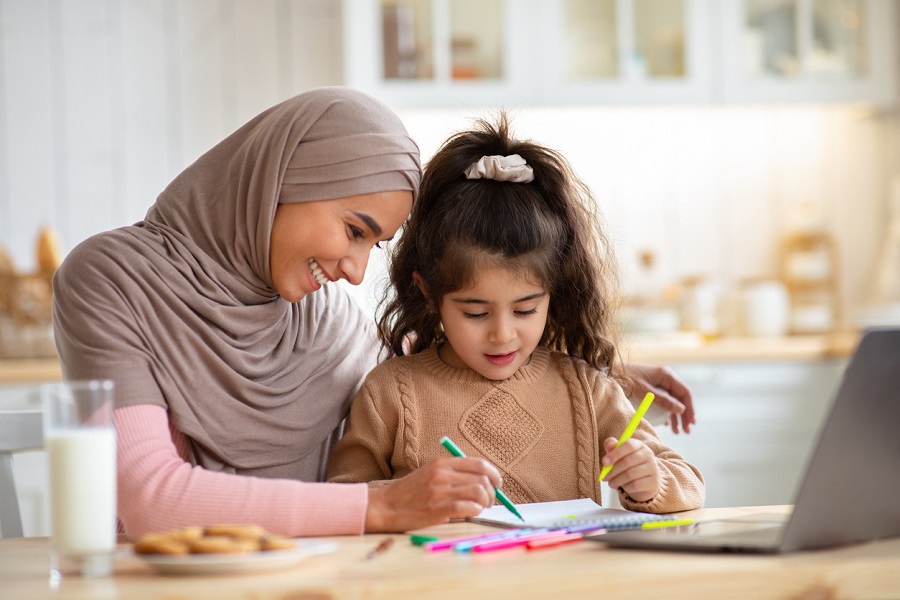

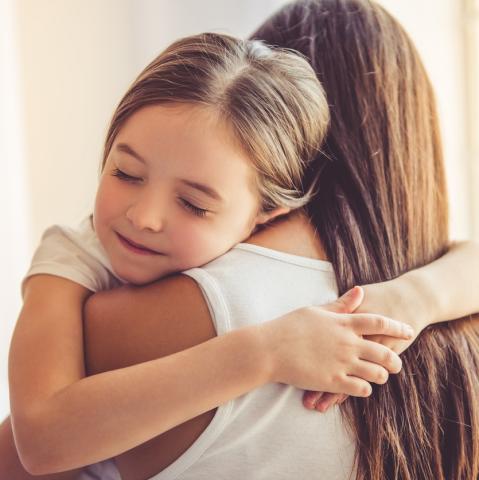

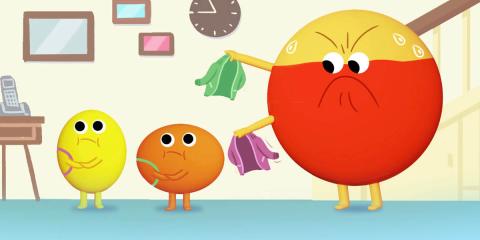
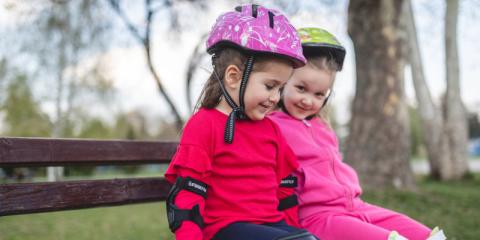

 Behaviour
Behaviour
 Sleep
Sleep